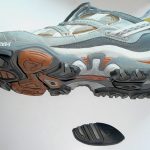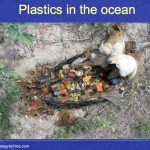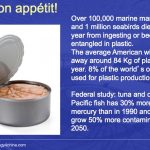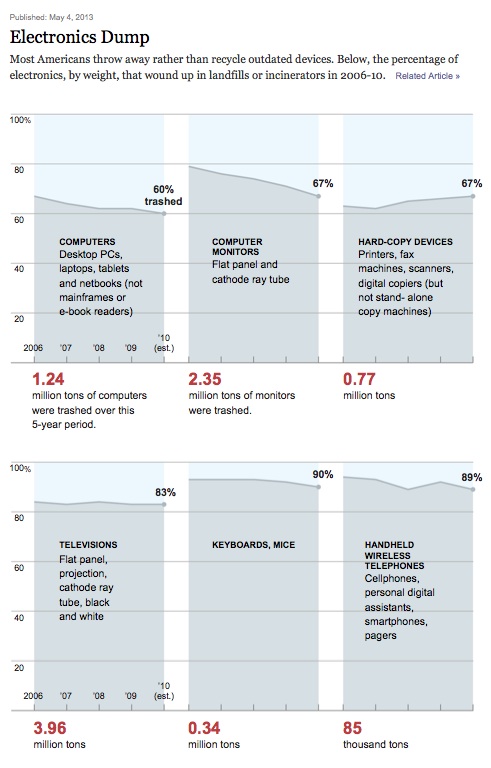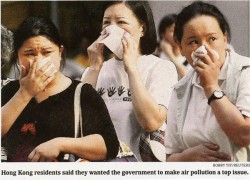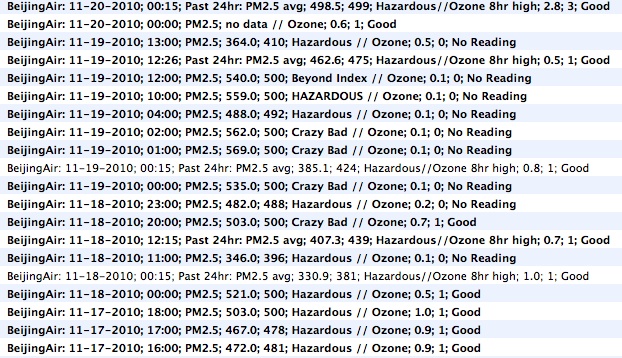Quality issues in China can be both puzzling and disappointing.
Puzzling because it is hard to believe a brand like ASICS has such poor quality. I bought those in an “official shop” in Beijing but one can wonder: are they real or fake?
The model, here pictured, is ASICS TN238, “Made in China”. Fortunately I use those exclusively in the gym. The sole parts have been falling of several times. As it happened in the gym I was able to find them and glue them back myself. See here the latest one to fall of. Seems the glue they used must have a serious quality problem. Otherwise the running shoes are fine.
Now just imagine you are running a race with those, like a marathon. That would be a near disaster.
